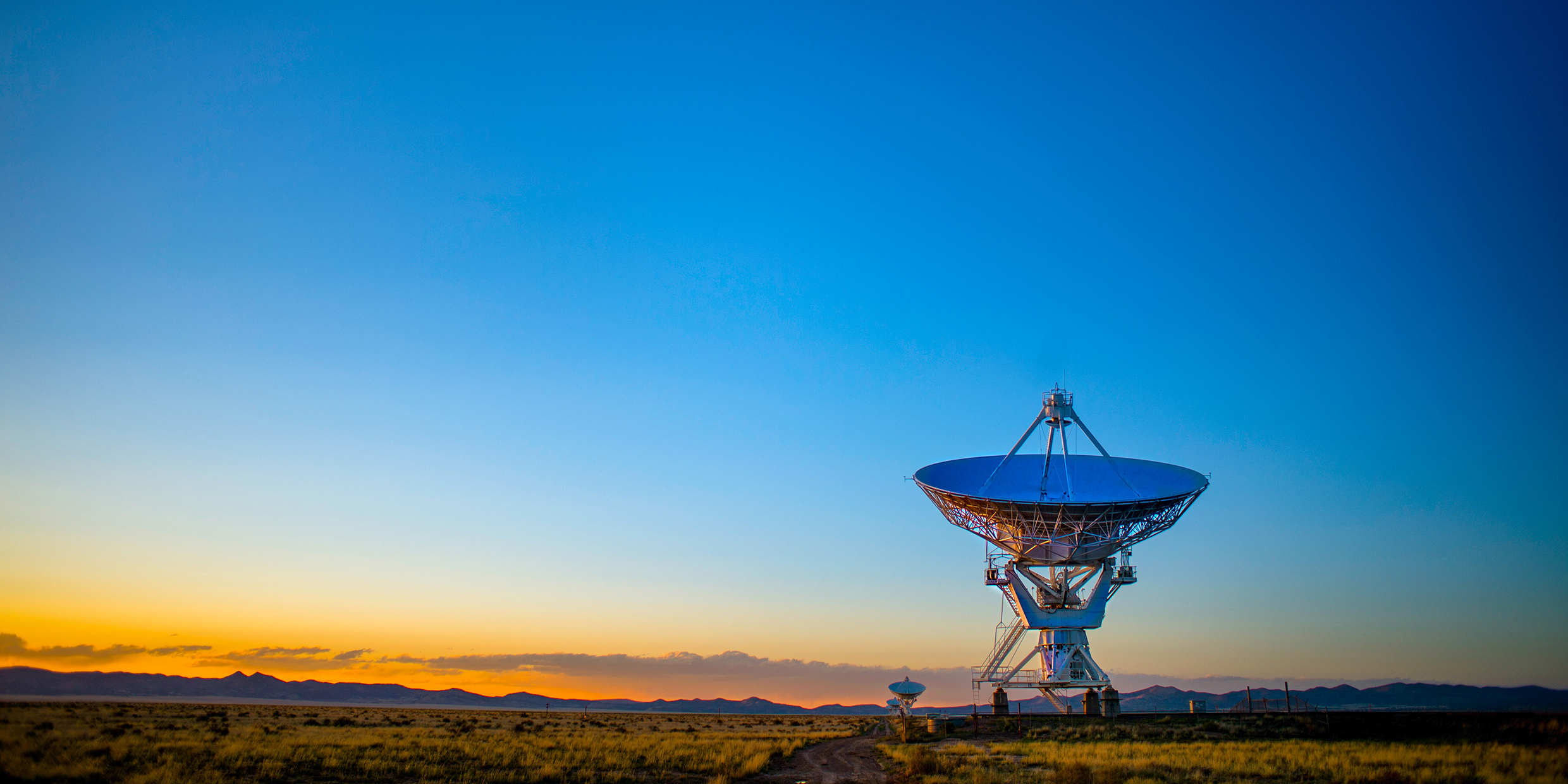Originally published 5 April 1993
Are we alone in the universe?
Answering this question is the goal of the scientific project called SETI, the search for extraterrestrial intelligence. The project was given a boost lately with the award by NASA of $100 million for a radio telescope survey of thousands of stars. Astronomers are looking for a signal of obviously intelligent origin.
In a letter to the journal Science, Harvard professor emeritus Ernst Mayr takes NASA to task. Mayr is one of the greats of science, an expert on evolutionary biology and author of more than a dozen books on the history and philosophy of science. His opinions should be listened to with respect.
Mayr expresses astonishment that NASA would let this “highly dubious” project go forward in a time of appalling federal debt, particularly when the decision is based solely upon the recommendations of astronomers, physicists, and engineers. The success or failure of the project will be based upon biological and sociological factors, says Mayr. If NASA wanted sound advice, they should have consulted biologists and sociologists.
Mayr reminds us of the contingency of evolution. Of the approximately 50 billion species that have lived on Earth, only one was able to generate civilizations. And among those approximately 20 civilizations, only one developed electronic technology. Mayr’s conclusion: The odds of finding equals of ourselves out there among the stars would seem to be very slim indeed.
I can think of two compelling reasons why Mayr is wrong about spending the $100 million, and neither — strictly speaking — is scientific.
The first is the so-called Mediocrity Principle.
This states that we are likely to be completely typical of life in the cosmos.
The basis for the principle is not reason, but experience. Our ancestors believed their village was the center of the universe; that belief turned out to be wrong. Then they imagined that Babylon, Jerusalem, or Rome was central; that too was a mistake. The Earth was made central; wrong again. Then the sun surrendered its presumed centrality. As did our galaxy. Indeed, every time we have imagined ourselves to be special, we have been disappointed.
This long series of disappointments is lofted to a truth: the Mediocrity Principle. Nature taught this truth by repeated raps on the knuckles. Our noses have been rubbed in our commonness again and again.
Our biology and chemistry is typical of other species of life on Earth; at the level of DNA we are more alike than different. Photographs of the surfaces of Mercury, Venus, Mars, and the moon could be mistaken for photographs of the surface of the Earth. The sun is an utterly typical star. Other stars have planets. Our solar system occupies an ordinary neighborhood of the Milky Way Galaxy. Our galaxy is like billions of others we see with telescopes.
So yes, I believe they are out there, other creatures both more and less intelligent than ourselves. If not, then we are the pinnacles of creation, and the Mediocrity Principle is wrong. You can believe in our cosmic superiority if you want, but be prepared for another rap on the knuckles.
The second reason for spending the $100 million is in the nature of a wager. Yes, it may turn out that the money is spent without effect. But if a signal is discovered, it will be the most important scientific discovery and technological achievement of all time.
Imagine the 6‑inch-high newspaper headlines. Message From The Stars. We Are Not Alone! It is hard to overestimate the significance of a payoff. We would be joined to the society of stars. We would understand that even our intelligence is typical. We would surrender forever our place as the favorites of the gods.
Not everyone would welcome such an outcome. Many of us prefer to believe in our cosmic primacy, holding for dear life to the last token of our uniqueness — our apparently superior intelligence. I suspect that many who oppose SETI do so because deep down they don’t want to know that we are mediocre in our thoughts and emotions.
For such consequential knowledge the price is cheap. If Mayr wants to trim bucks from the federal deficit, he should turn his attention to multi-billion dollar projects such as the Hubble Space Telescope, the Space Station, the Genome Project, or the Superconducting Supercollider. Compared to the monies to be spent on these endeavors, $100 million is chicken feed.
Supporting SETI is like buying a ticket for the Megabucks lottery. Millions of Americans are willing to fork out a buck on the chance of winning of fortune against outrageous odds. NASA’s ticket on SETI costs each American about 40 cents. The odds may be long, perhaps even as long as Mayr suggests, but if we draw the right number, we become citizens of the Galaxy — and human consciousness is changed forever.



